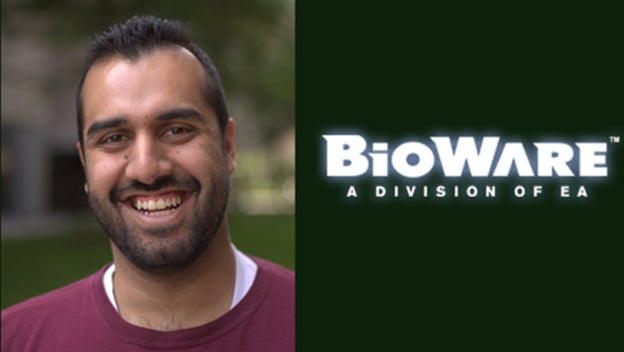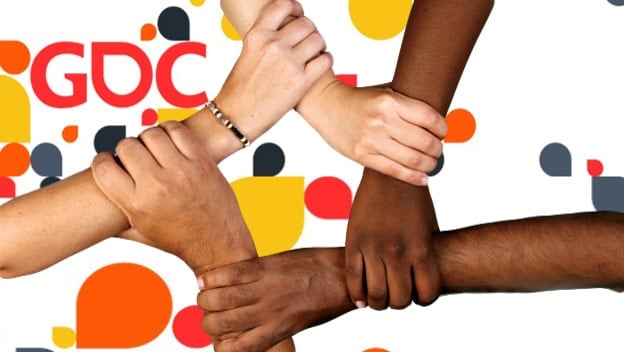During last week’s Game Developer Conference, BioWare’s Manveer Heir gave a rousing speech about inclusivity in video games, challenging his fellow developers to embrace diversity of all kinds and avoid falling back on harmful stereotypes. The standing ovation and otherwise highly positive reception to Heir’s speech shows that the game development community has come a long way. I believe a lot of developers are interested in creating more heroes that aren’t buzz-cut white guys who have to save the world and get the girl, all without displaying too much emotion lest they be seen as “unmanly.”
We’ve seen a slow increase in diversity among lead game characters in recent years. There’s Connor, Aveline and Adewale from the Assassin’s Creed series, though only one of these characters helmed a major series entry. Just this year, we’ve seen Delsin Rowe from inFAMOUS: Second Son and Vella from Broken Age adding a spot of color to the video game hero lineup, and the indie gaming scene has been experimenting with a wide variety of main characters.
Diversity and representation is about more than simple numbers, of course, and the entire culture of gaming needs to change in order to be more welcoming to developers and gamers who aren’t straight white dudes. That’s why we need to get everybody on board, demanding games that tell new and interesting stories with characters who differ from the heroes we’ve seen over and over again.
This includes video game publishers, who have become increasingly risk-averse as the cost of developing AAA games has shot up. The problem with being risk-averse, however, is that you risk making an uninteresting game that supposedly ticks all the right market-friendly check boxes yet fails to inspire gamers. Publishers should learn that it’s in their own interest to embrace strongly-written characters who differ from the norm, which isn’t going to work if they cling to conventional sales wisdom (a thing’s increasingly irrelevant in today’s diverse gaming community) or the petty prejudices of focus groups (do we really want the games industry to work like American Idol ?) If you make a game that combines compelling characters with strong gameplay and you market it properly, chances are that it will do well.
Of course, there is always the chance that a character who differs from the norm fails to resonate with players. We know that the half-Kanien’kehá:ka protagonist of Assassin’s Creed III , isn’t exactly a fan favorite, and we’ve seen other games ( Remember Me , for example) with non-straight-white-guy protagonists fail to sell well. What we tend to forget is that plenty of games with straight white male protagonists also do poorly at retail. The reason for poor sales is rarely the particular identity of the protagonist, and publishers need to give developers room to try new things without feeling that the entire future for characters of x identity is on their shoulders.

I would love to see more representatives of the publishing community join Mr. Heir in calling for greater diversity and the avoidance of harmful stereotypes in games. As I’ve said before, we only need to look at television to see how stories starring women, people of color, and gay and lesbian characters are taking off and resonating with the public.
As gamers, we also need to get on board with embracing diversity. If we want to keep the console and PC scene strong and vibrant in the face of the mobile revolution, we need to embrace everybody who wants to join the club. We need to try games with protagonists who don’t look like us and speak up to fellow gamers who are being jerks to somebody based on their personal identity.
Perhaps most importantly, gamers with “majority” identities need to be willing to accept that becoming a bigger, stronger community involves giving up a few things they’re used to, like booth babes, games set in modern New York City that are inexplicably full of nothing but white people, or romantic storylines that only feature straight people. When the result is a future full of great games, is that really so much to give up? Let’s all get on board with calls for a more inclusive world of gaming, and encourage the people holding the purse strings to get on board, too.
